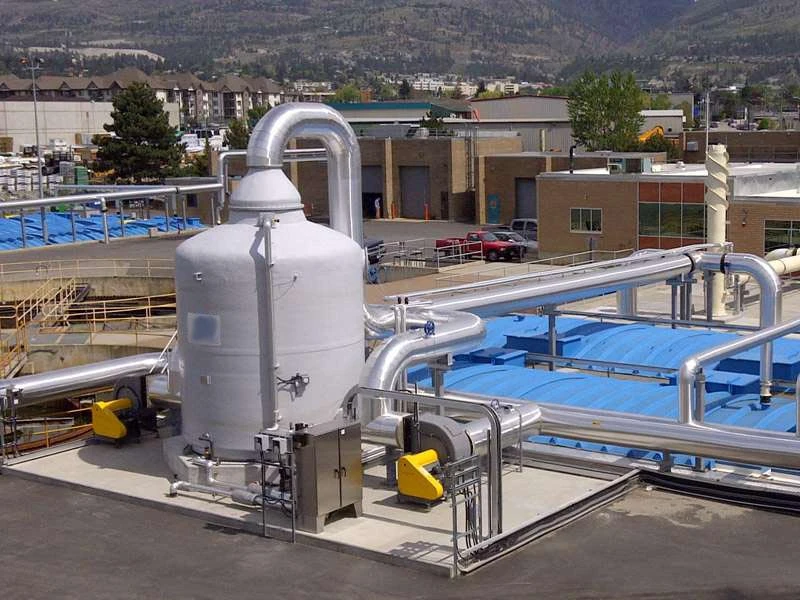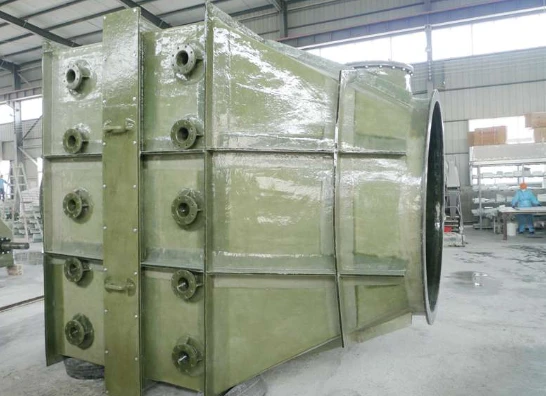
-
 Afrikaans
Afrikaans -
 Albanian
Albanian -
 Amharic
Amharic -
 Arabic
Arabic -
 Armenian
Armenian -
 Azerbaijani
Azerbaijani -
 Basque
Basque -
 Belarusian
Belarusian -
 Bengali
Bengali -
 Bosnian
Bosnian -
 Bulgarian
Bulgarian -
 Catalan
Catalan -
 Cebuano
Cebuano -
 China
China -
 China (Taiwan)
China (Taiwan) -
 Corsican
Corsican -
 Croatian
Croatian -
 Czech
Czech -
 Danish
Danish -
 Dutch
Dutch -
 English
English -
 Esperanto
Esperanto -
 Estonian
Estonian -
 Finnish
Finnish -
 French
French -
 Frisian
Frisian -
 Galician
Galician -
 Georgian
Georgian -
 German
German -
 Greek
Greek -
 Gujarati
Gujarati -
 Haitian Creole
Haitian Creole -
 hausa
hausa -
 hawaiian
hawaiian -
 Hebrew
Hebrew -
 Hindi
Hindi -
 Miao
Miao -
 Hungarian
Hungarian -
 Icelandic
Icelandic -
 igbo
igbo -
 Indonesian
Indonesian -
 irish
irish -
 Italian
Italian -
 Japanese
Japanese -
 Javanese
Javanese -
 Kannada
Kannada -
 kazakh
kazakh -
 Khmer
Khmer -
 Rwandese
Rwandese -
 Korean
Korean -
 Kurdish
Kurdish -
 Kyrgyz
Kyrgyz -
 Lao
Lao -
 Latin
Latin -
 Latvian
Latvian -
 Lithuanian
Lithuanian -
 Luxembourgish
Luxembourgish -
 Macedonian
Macedonian -
 Malgashi
Malgashi -
 Malay
Malay -
 Malayalam
Malayalam -
 Maltese
Maltese -
 Maori
Maori -
 Marathi
Marathi -
 Mongolian
Mongolian -
 Myanmar
Myanmar -
 Nepali
Nepali -
 Norwegian
Norwegian -
 Norwegian
Norwegian -
 Occitan
Occitan -
 Pashto
Pashto -
 Persian
Persian -
 Polish
Polish -
 Portuguese
Portuguese -
 Punjabi
Punjabi -
 Romanian
Romanian -
 Russian
Russian -
 Samoan
Samoan -
 Scottish Gaelic
Scottish Gaelic -
 Serbian
Serbian -
 Sesotho
Sesotho -
 Shona
Shona -
 Sindhi
Sindhi -
 Sinhala
Sinhala -
 Slovak
Slovak -
 Slovenian
Slovenian -
 Somali
Somali -
 Spanish
Spanish -
 Sundanese
Sundanese -
 Swahili
Swahili -
 Swedish
Swedish -
 Tagalog
Tagalog -
 Tajik
Tajik -
 Tamil
Tamil -
 Tatar
Tatar -
 Telugu
Telugu -
 Thai
Thai -
 Turkish
Turkish -
 Turkmen
Turkmen -
 Ukrainian
Ukrainian -
 Urdu
Urdu -
 Uighur
Uighur -
 Uzbek
Uzbek -
 Vietnamese
Vietnamese -
 Welsh
Welsh -
 Bantu
Bantu -
 Yiddish
Yiddish -
 Yoruba
Yoruba -
 Zulu
Zulu
Feb . 10, 2025 11:33
Back to list
fiberglass customized fittings
Fiberglass customized fittings have revolutionized numerous industries due to their remarkable adaptability and resilience. As an expert deeply entrenched in the crafting and installation of these components, I've observed a significant transformation in their application and the level of demand from various sectors, including construction, automotive, and beyond.
The authority of fiberglass fittings extends into environmental sustainability. The production process for fiberglass is remarkably energy efficient compared to traditional metals, resulting in a lower environmental impact. Moreover, the longevity and durability of these fittings mean that they need to be replaced less frequently, contributing further to sustainability efforts. My collaboration with environmentally conscious construction firms has consistently highlighted how these fittings align with green building initiatives, projecting a positive image for businesses committed to eco-friendly practices. Trustworthiness in fiberglass fittings is cemented by standardized testing and rigorous quality controls in their manufacturing processes. Industries that demand reliability and safety, such as the maritime and railway sectors, rely heavily on certifications and standards compliance to validate their material choices. In my decade-long involvement with these industries, I've observed that fiberglass fittings consistently meet and often exceed regulatory requirements, making them a trusted option for high-stakes applications. Exploring beyond their evident benefits, it is also crucial to consider fiberglass fittings' aesthetic versatility. Available in various finishes and designs, these fittings can be integral to not just the functional but also the aesthetic aspects of a project. In modern architecture, where aesthetic appeal and functionality are equally important, fiberglass fittings provide a seamless integration of both elements. Projects that I've managed incorporating contemporary designs with intricate fiberglass fittings have resulted in visually stunning yet highly functional spaces. In summary, fiberglass customized fittings represent an intersection of strength, versatility, and sustainability. Their role in modern industry is not just a testament to innovative material science but also a reliable choice for businesses seeking long-term, efficient, and environmentally responsible solutions. As industries continue to push the boundaries of what's possible, fiberglass fittings will undoubtedly remain at the forefront, equipped to meet the evolving demands with precision and reliability.


The authority of fiberglass fittings extends into environmental sustainability. The production process for fiberglass is remarkably energy efficient compared to traditional metals, resulting in a lower environmental impact. Moreover, the longevity and durability of these fittings mean that they need to be replaced less frequently, contributing further to sustainability efforts. My collaboration with environmentally conscious construction firms has consistently highlighted how these fittings align with green building initiatives, projecting a positive image for businesses committed to eco-friendly practices. Trustworthiness in fiberglass fittings is cemented by standardized testing and rigorous quality controls in their manufacturing processes. Industries that demand reliability and safety, such as the maritime and railway sectors, rely heavily on certifications and standards compliance to validate their material choices. In my decade-long involvement with these industries, I've observed that fiberglass fittings consistently meet and often exceed regulatory requirements, making them a trusted option for high-stakes applications. Exploring beyond their evident benefits, it is also crucial to consider fiberglass fittings' aesthetic versatility. Available in various finishes and designs, these fittings can be integral to not just the functional but also the aesthetic aspects of a project. In modern architecture, where aesthetic appeal and functionality are equally important, fiberglass fittings provide a seamless integration of both elements. Projects that I've managed incorporating contemporary designs with intricate fiberglass fittings have resulted in visually stunning yet highly functional spaces. In summary, fiberglass customized fittings represent an intersection of strength, versatility, and sustainability. Their role in modern industry is not just a testament to innovative material science but also a reliable choice for businesses seeking long-term, efficient, and environmentally responsible solutions. As industries continue to push the boundaries of what's possible, fiberglass fittings will undoubtedly remain at the forefront, equipped to meet the evolving demands with precision and reliability.
Next:
Related Products









